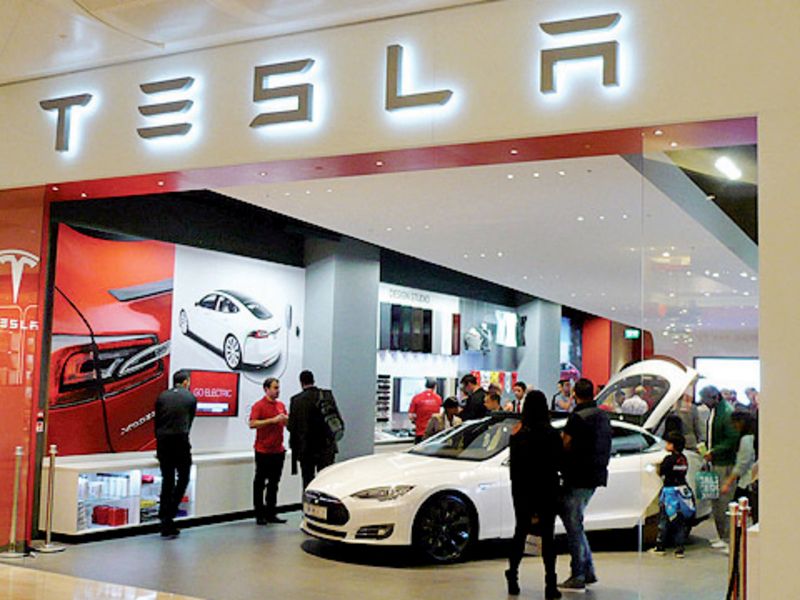
Electric vehicle owners will consider purchasing another EV in the future based on their ownership satisfaction, according to J.D. Power’s first Electric Vehicle Experience Ownership Study, released Thursday.
The study found that the likelihood of EV owners purchasing the same brand lessens as satisfaction declines.
Owners with satisfaction scores from 600 to 750 points are likely to purchase another EV, but only 25 percent of those owners will purchase from the same brand.
“While early adopters of EVs say they’ll remain loyal to EVs in general, staying with the same brand is not a sure thing,” Brent Gruber, senior director of global automotive at J.D. Power, said in the study. “Auto manufacturers will have to keep EV owners and shoppers interested in their products beyond just the cost equation. With automakers expected to flood the market with EV launches during the next three years, to capture a share of the market they need to offer vehicles that evoke excitement and meet owners’ broader needs.”
The study measures owner satisfaction based on accuracy of stated battery range, availability of public charging stations, battery range, cost of ownership, driving enjoyment, ease of charging at home and vehicle quality and reliability.
The average score in the premium battery-electric vehicle segment was 782.
Tesla claimed the top four spots in the segment. Its Model S ranked highest overall and highest in the premium BEV segment, with a score of 798. In the second spot was the Model 3, with a score of 790, and the Model Y claimed third place, with a 780.
In last place for the premium BEV segment was the Jaguar I-Pace, with a 669.
The average score in the mass-market BEV segment was 730.
The Kia Niro EV took the top spot, with 782.
Following Kia was the Chevrolet Bolt, with a score of 745. Just two points below the Bolt was the Hyundai Kona EV.
The Volkswagen e-Golf came in last, with 696, 34 points below the segment average.
The study is based on responses from more than 9,000 owners of 2015-21 model year BEVs and plug-in hybrid electric vehicles. Responses were gathered from October through November.